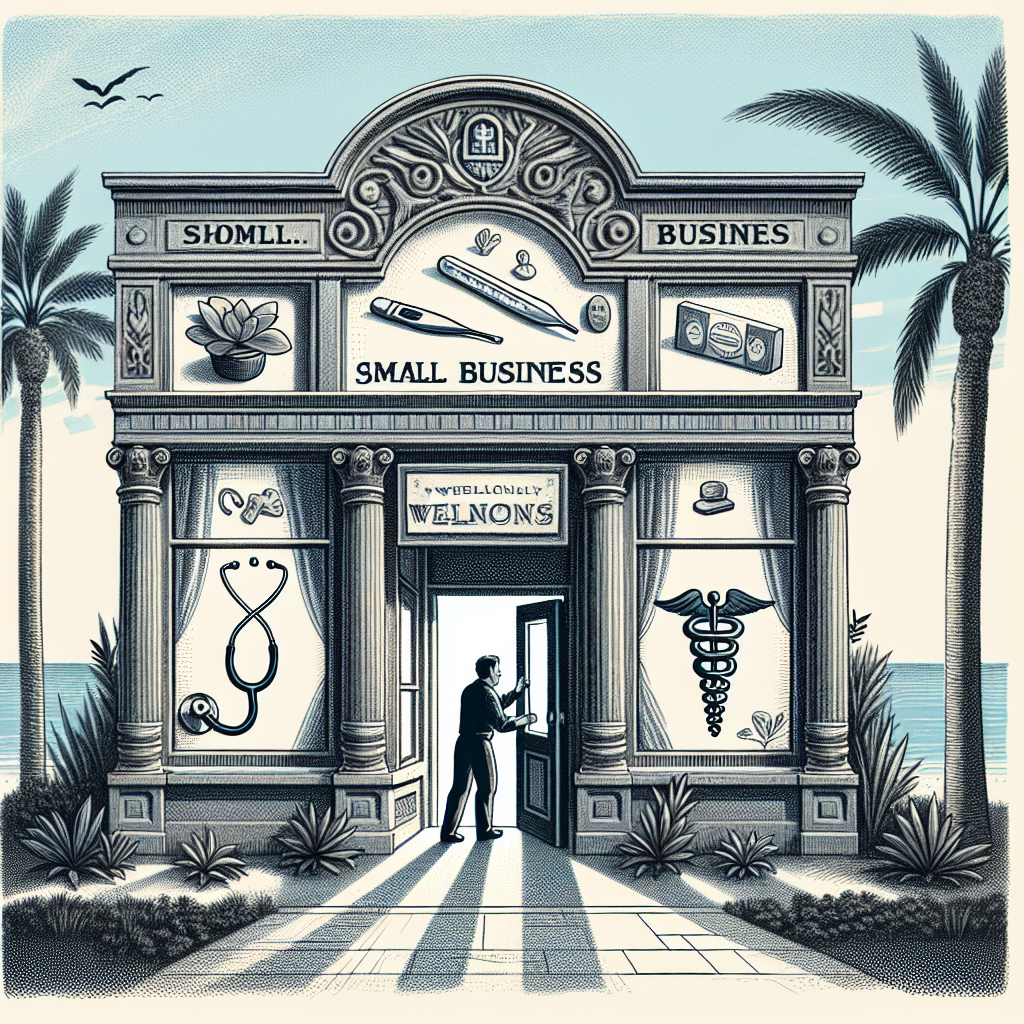Filed under Health Insurance on
Who Can Cancel a Cancelable Health Insurance Policy?

In the complex world of health insurance, terms like "cancelable policies" often spark curiosity and sometimes concern among policyholders. Understanding who wields the power to cancel a cancelable health insurance policy is crucial for anyone seeking peace of mind in their healthcare coverage. This comprehensive guide demystifies the concept, offering clarity on who can cancel this type of policy and under what circumstances. Our aim is to empower readers with the knowledge needed to navigate their insurance landscape confidently.
Understanding Cancelable Health Insurance Policies
Before diving into who can cancel these policies, it’s important to grasp what a cancelable health insurance policy actually is. In essence, a cancelable policy is one that can be terminated by the insured or the insurer. However, specific conditions must be met, and these conditions are often outlined in the policy agreement. The flexibility of cancelable policies appeals to many, but it is essential to understand the underlying nuances to avoid unforeseen pitfalls.
Types of Health Insurance Policies
- Cancelable Policies: As described, these can be terminated either by the insurer or the insured, given certain conditions.
- Non-cancelable Policies: Typically, these cannot be canceled by the insurer as long as premiums are paid.
- Guaranteed Renewable Policies: These policies must be renewed by the insurer, but they may increase premiums.
Who Can Cancel a Cancelable Health Insurance Policy?
Now that we’ve established what a cancelable health insurance policy is, let's explore the question: Who can actually cancel it? The answer is twofold—both the policyholder and the insurance provider have the right to cancel the policy, but the reasons and methods for doing so vary greatly.
The Policyholder’s Right to Cancel
As the owner of the policy, the insured individual often retains the right to cancel their policy at any time. The process typically involves notifying the insurer in writing and fulfilling any contractual obligations, such as paying outstanding premiums. Common reasons policyholders choose to cancel their cancelable health insurance policy include securing cheaper alternatives, changes in employment that offer better healthcare options, or dissatisfaction with the current coverage.
The Insurer’s Power to Cancel
Insurance providers may also cancel a policy, but this is usually reserved for specific situations. Common reasons for insurers to cancel a cancelable health insurance policy might include:
- Non-payment of Premiums: If a policyholder fails to pay their premiums, the insurer has the right to terminate the policy.
- Fraud or Misrepresentation: Providing false information during the application process can result in policy cancellation.
- Material Change in Risk: Significant changes in health or risk factors that were not disclosed can lead to a canceled policy.
Legal and Regulatory Considerations
Laws governing health insurance can vary widely by jurisdiction, affecting both the policyholder’s and insurer’s rights to cancel a cancelable health insurance policy. It is crucial for policyholders to be aware of their rights under local law, which may provide additional protections beyond those stipulated in the policy document.
State and Federal Regulations
In many regions, regulations are in place to safeguard consumers against unjust policy cancellations. For example, the Affordable Care Act (ACA) in the United States prohibits insurers from canceling policies except under specific circumstances like fraud or non-payment of premiums. Policyholders should review local laws to ensure their rights are fully understood and protected.
Steps to Take Before Cancelling Your Policy
If you're a policyholder considering canceling your cancelable health insurance policy, there are several steps you should take to ensure a smooth transition and continued healthcare coverage:
- Review Your Current Policy: Understand the specifics of your policy, including any potential penalties or fees for early cancellation.
- Explore Alternatives: Research other insurance options to ensure you have a better plan lined up before cancelation.
- Consult with Experts: Speak with insurance experts or financial advisors to weigh the pros and cons of canceling your policy.
- Provide Formal Notice: Follow your insurer’s procedures for providing written notice of cancellation.
- Secure Your Coverage: Ensure there is no gap in your coverage by confirming your new insurance is in place before canceling the old one.
Trends and Insights in Health Insurance Cancellation
The landscape of health insurance is continually evolving, with trends impacting how cancelable health insurance policies operate. Staying informed about industry shifts can help consumers make educated decisions regarding their healthcare plans.
Rise of Digital Health Platforms
Digital technology has revolutionized how insurance is purchased, managed, and cancelled. The prevalence of online platforms means consumers can easily compare policies and execute cancellations electronically, making the process more transparent and efficient.
Consumer-Centric Approaches
Insurers are increasingly adopting consumer-centric models, focusing on transparency, ease of access, and flexible options. As a result, policyholders have more control over their plans, including when and how to cancel a cancelable health insurance policy.
Expert Opinions on Cancelable Policies
Industry experts suggest that while cancelable policies offer flexibility, they may not always be the best option for everyone. Policies guaranteed to be renewable or non-cancelable can offer greater peace of mind and stability.
According to John Doe, a leading insurance expert, "When choosing a health insurance policy, it’s important to assess not just the immediate cost, but the long-term security and benefits of the plan. Insurers may market cancelable policies for their flexibility, but consumers should be cautious of the potential instability this option presents."
Conclusion
In conclusion, understanding who can cancel a cancelable health insurance policy is essential for both policyholders and insurers. While both parties have this right, they must abide by the terms set forth in their policy contracts and local laws. With informed decisions and strategic planning, policyholders can ensure they secure the best healthcare coverage to suit their needs, mitigating the risks associated with policy cancellation.
For each individual, the decision to engage with a cancelable health insurance policy involves weighing the pros and cons, considering their personal circumstances, and staying informed about industry trends and legal factors that may influence their coverage. By doing so, consumers can navigate their health insurance options with confidence and clarity.





